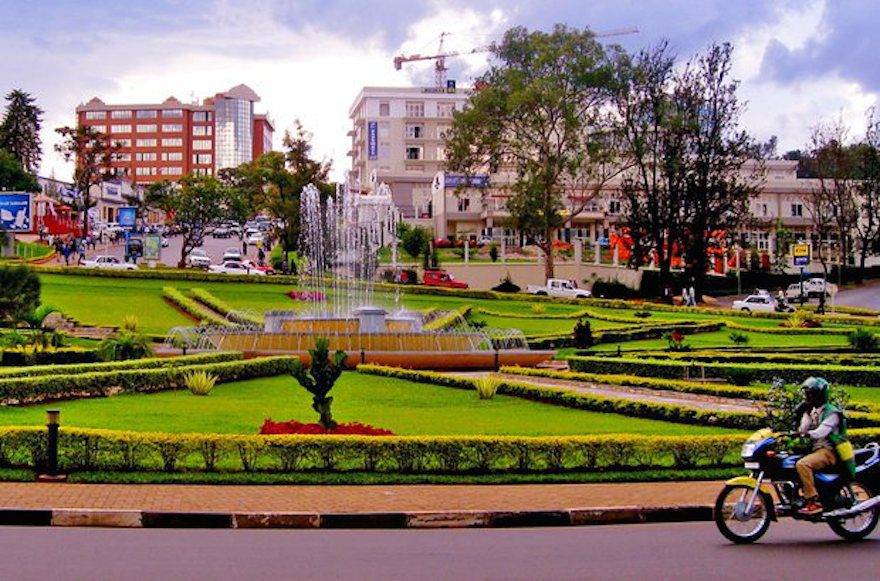Kigali Goes Greener, Sets Aside 25 Percent Of The City’s Space For Recreational Purposes

A decade later, Rwanda continues to put environmental policies at the forefront as they aim to become a developed climate-resilient and low-carbon economy by 2050. It was among the first countries to ban the use of non-biodegradable plastic bags and packaging materials. In a bid to protect the country’s forests, Rwandan citizens currently plant millions of trees.
The move to debar the use of plastic bags placed the Paul Kagame-led country on a global map as it earned the reputation of being the cleanest city in Africa. It has also earned the country foreign direct investment since it has created opportunities for entrepreneurs who invest in alternative packaging materials.
The country has made yet another bold move to convert 22 and 25 per cent of its capital Kigali into recreational spaces. County officials reveal that the initiative is a joint initiative between the City Hall and other stakeholders.
The new master plan which is set to be unveiled this August will feature both recreational and green spaces as well an urban wetland.
“The Ministry of Environment is set to develop an urban wetland master plan that will make wetlands generate revenues through development of recreational or open urban spaces such as man-made lakes and ecotourism parks,” Fred Mugisha, the Director of Kigali Urban Planning, told The New Times.
He further disclosed that there are efforts to mobilise resources and investments from the private sector.
The ambitious programme which aims to develop six green secondary cities is expected to help the country achieve sustainable economic growth through energy efficiency and green job creation.
Some places that could be considered for the green projects include Nyandungu eco-tourism park, Gikondo recreational park, as well as recreational spaces and artificial lakes in Ndera, Rusororo, and Masaka wetlands.“These are projects that need some good investments,” Mugisha said.
These places “will be used for recreation, relaxation, and playing, and serve as venues for social events such as weddings and parties,” according to the director of Kigali urban planning.
Once the the recreational spaces have been selected, the next step will be exploring to see how best these chill out places can be turned into a profitable venture.
“We have to calculate the cost of a business in such spaces so that the private sector can tap into those opportunities,” he said.
The project is expected to create job opportunities for Kigali city residents.
The new project comes hot on the heels after the city headlined tabloids globally after being named the Public Health Laureate for the well being City Award.
Earlier this year, Rwanda announced plans to get rid of cars in the central business district, an idea which was instigated earlier in 2015 when a pedestrian-only street was introduced in the capital’s Commercial Business District.
The idea of designating more car-free zones was a clean-up effort which is part a response to the rapid growth in the capital whose population has doubled since 1996.
Featured Image Courtesy: Design Indaba